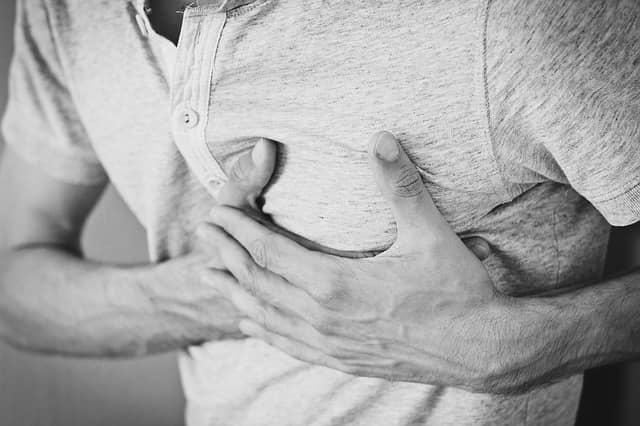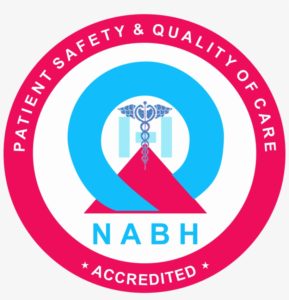RISK FACTORS FOR HIGH CHOLESTEROL

Cholesterol is a fat-like substance that is needed in your body to make hormones, vitamin D, and is found in every cell in your body. It plays a role in the way your cells communicate with each other and maintains the integrity of your cell membranes so your body can function properly. However, when too much cholesterol builds up, these deposits can narrow your arteries and put you at risk for heart disease and stroke.
Types of Cholesterol
There are two types of cholesterol in your body:
- High-density lipoprotein (HDL) is considered the “good” cholesterol as it has heart healthy benefits.
- Low-density lipoprotein (LDL) is considered the “bad” cholesterol as this can clog your arteries, thus increasing your risk for heart disease.
Cholesterol Levels & Range
- Total cholesterol levels less than 200 milligrams per deciliter (mg/dL) are considered desirable for adults. A reading between 200 and 239 mg/dL is considered borderline high and a reading of 240 mg/dL and above is considered high.
- LDL cholesterol levels should be less than 100 mg/dL. Levels of 100 to 129 mg/dL are acceptable for people with no health issues but may be of more concern for those with heart disease or heart disease risk factors. A reading of 130 to 159 mg/dL is borderline high and 160 to 189 mg/dL is high. A reading of 190 mg/dL or higher is considered very high.
- HDL levels should be kept higher. A reading of less than 40 mg/dL is considered a major risk factor for heart disease. A reading from 41 mg/dL to 59 mg/dL is considered borderline low. The optimal reading for HDL levels is of 60 mg/dL or higher.
Risk Factors for High Cholesterol
Your cholesterol levels can depend on several factors such as your family history, age, gender, and lifestyle choices. Lifestyle choices include a diet high in fat and processed foods, smoking, and being sedentary. Age, gender and family history are not modifiable, but lifestyle choices can be modified to lower your risk of high cholesterol. If you choose healthful foods and start to exercise, you can positively affect your cholesterol levels.
Tips To Keep Your Levels In Check
Choose more Healthy Fats
Choose monounsaturated fats and omega 3 fatty acids instead of foods that are high in saturated fats. Monounsaturated fats include olive oil, almonds, and avocado. Omega 3 fatty acids are found in fish (salmon, tuna), flax-seeds, and walnuts.
Switch to Spices/Herbs
Enhance your food’s flavor by using herbs and spices instead of butter, which is high in saturated fat. Cumin, turmeric, basil and cilantro can be added to most dishes and will add a lot of flavour.
Increase your Fiber
Fiber plays a big role in lowering your cholesterol levels because of it’s ability to help your body excrete it. It binds with cholesterol in your body and then takes it through the rest of your digestive tract, not allowing your body to absorb it. You can increase your fiber by adding more fruits, vegetables, and whole grains into your diet. Swap any white, refined grains for whole grains for an easy increase in fiber.
Exercise Regularly
The American Heart Association recommends you get at least 30 minutes of exercise 5 days a week for optimal heart health. Exercise plays a role in decreasing your LDL levels and increasing your HDL levels, and decreasing your overall risk for cardiovascular disease.
Quit Smoking
Smoking is a major risk for cholesterol, and heart disease. Smoking allows cholesterol to stick more easily to artery walls.
Eat More Fruits and Vegetables
Fruits and veggies are rich in soluble fiber, which can help the body eliminate cholesterol. They also contain antioxidants, which may play a role in keeping your heart healthy and reducing your risk of heart disease.
Know your Family History
If cholesterol or heart disease runs in your family, you might be at risk. Try to follow a healthy lifestyle to reduce your risk and get routine physical checkups.
DISCLAIMER: Patients & readers are advised to consult their Physician/ Doctor before following this write-up neither the publisher nor the author takes any responsibility for any possible consequences from any treatment action which is influenced from this write-up/information.






